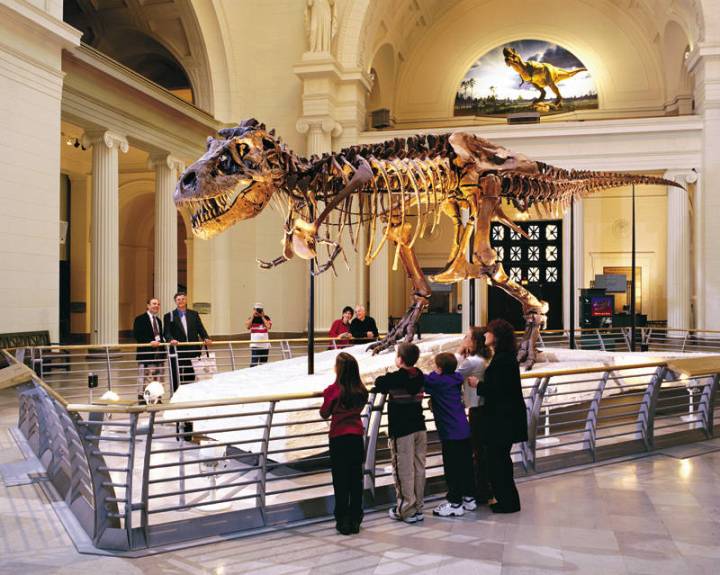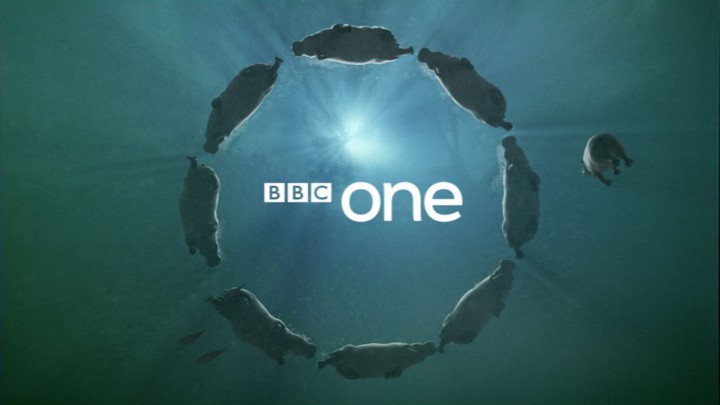Before last month, I had never heard of the term ‘thin privilege’. I came across it in this article, linked to me by a friend, from Everyday Feminism. ‘Thin privilege’ is part of what the author, Shannon Ridgway calls ‘sizeism’, an attitude within society which sees only thin people as ‘normal’ and thus judges anybody else as abnormal and unacceptable. Sizeism, she writes, is one of the few commonly accepted forms of discrimination in our society.
But let’s go over what we mean by ‘privilege’ here.
Usually, when we talk about ‘privilege’ in the context of discrimination, we are talking about those who are irrevocably immune to discrimination on account of chance and circumstance. ‘Privilege’ is the top prize in the lottery of birth – if you are born white, male and straight into a rich, English-speaking family in a prosperous English-speaking nation then you really have a full house. Continue reading


 Whenever someone says that they do not believe in God, or are perhaps irreligious, it’s easy to jump to the conclusion that they might be an atheist. There are, in fact,
Whenever someone says that they do not believe in God, or are perhaps irreligious, it’s easy to jump to the conclusion that they might be an atheist. There are, in fact, 

